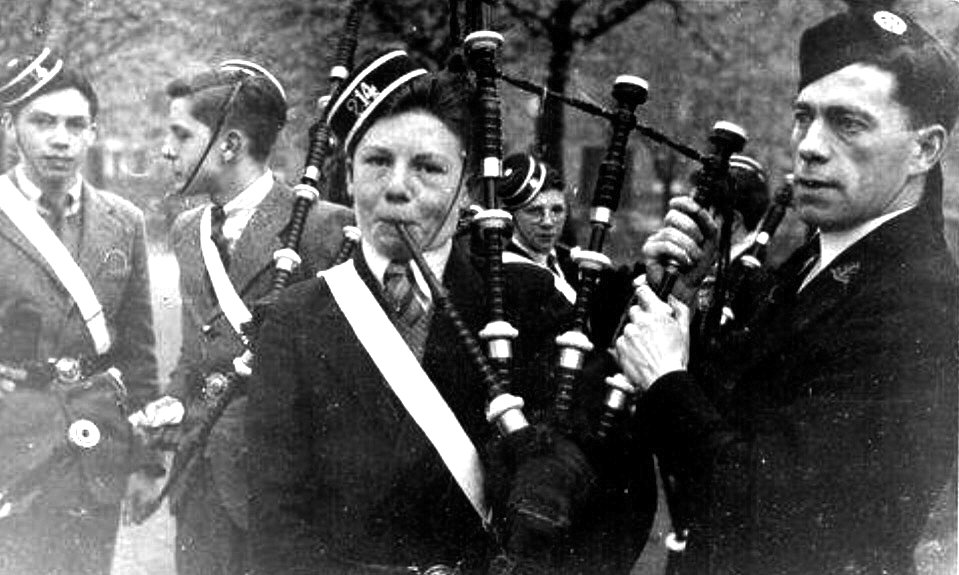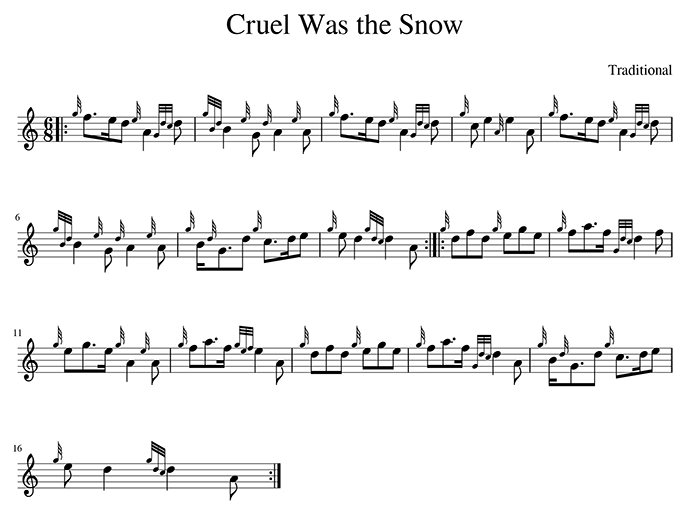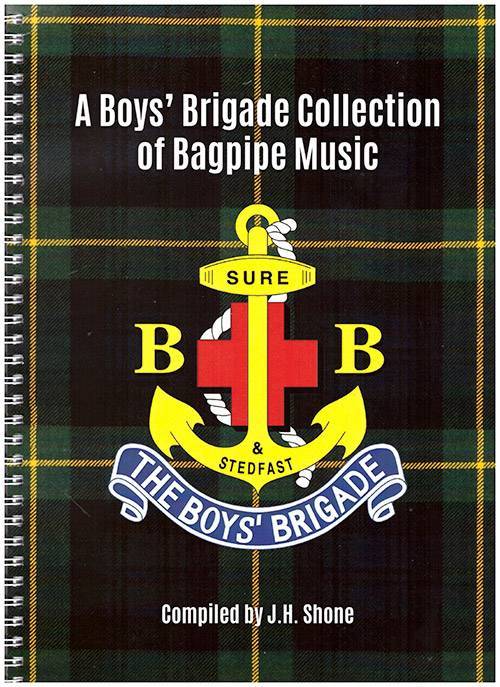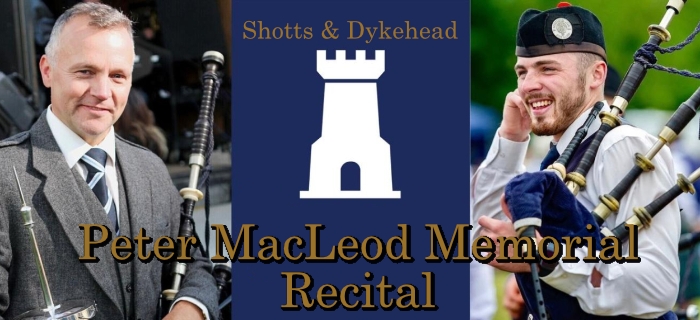
I am trying hard to stay optimistic following RSPBA Chairman John Hughes’s statement on Piping Press last week. The realists among you will have crunched some dates. I think we can discount the first two majors at Paisley and Lurgan.
That means the season will start, barring setbacks, at the Europeans at Inverness on June 26. That means that the all clear for full ‘aerosol practices’ would need to be given a month before.
We can’t expect bands that have not struck a blow in anger for 18 months to be half ready at the flags in anything less than that.
A serious loosening of restrictions is possible by late spring if all vulnerable people in the UK have been vaccinated by the end of March. There will then follow a two-month assessment period and a gradual end to house arrest. This brings us to the end of May, four weeks before the Europeans.
When the pandemic began to take off in March 2020 I was told by someone who knows about these things that we can write off the next two years of competition. I hope he’s wrong.
I read last week that there are a finite number of tunes that our western scales can accommodate and that we may already have reached that point. ‘New’ songs and melodies we hear today are merely re-workings of old phrases and chord sequences.
This will be true in piping as in mainstream music. Reading that article co-incided with a request from a student for a copy of a tune which she called the ‘Massacre of Glencoe’. What she meant was the slowed down version of the traditional 6/8 pipe march, Colonel Robertson, now used for the song which begins, ‘Oh cruel is the snow that sweeps Glencoe, And covers the grave o’ Donald…’
The internet credits the song to a Mr Jim McLean in 1963. It states that the words and music are copyright and held by Duart Music, London. The reference to the music is clearly wrong, however Mr McLean’s slow treatment of it works well.
Is Colonel Robertson (Scots Guards Book 1) our only three part 6/8? I can’t think of any other. Anyway here is the slow air/ song version of the tune. It uses only the first and third parts:

The picture up top is of my old Pipe Major Alex MacIver and a late member of our 214 BB band, Robin Tedford. Robin is having his pipes tuned at a District Drumhead service in Victoria Park in 1948.
I think the picture captivates well the whole ethos of the Boys’ Brigade Pipe Band, in many ways something from another era.
That ethos is captured well in John Shone’s recent publication of pipe music associated with the BB. It has many interesting stories, pictures and good tunes.
Talking of which reader Marco Borzacca in Italy writes: ‘I am pleased to inform you that the book of the Boys’ Brigade has just arrived safe and sound, and I am very happy with it.

‘A matter of curiosity: I have seen there is a tune called The Woods of Torriglia, which is a village about 40 miles from my home, here in the northern part of Italy.
‘I was wondering if you know some more about that tune or the reason for which it has been composed, since it would be very interesting for me to read something on its history. I strongly hope that you can help me to get some more information or let me know if I can ask directly to the composer Mr. Ian R. Fleming, whose email I don’t know. Thanking you in advance for what you can do for me.’
If the composer and/or compiler can help please let us know. Get your copy of the book here or from the Piping Centre.
A couple of weeks back I pondered why the Argyllshire Gathering had not used the Piobaireachd Society’s set tunes for their competitions in 1971. Alan Forbes, the Chairman of the Society’s Music Committee (which sets the tunes), kindly responded:
‘I don’t know the answer, however, 1971 was the Centenary of the founding of the Argyllshire Gathering, so it is possible that they decided to do something different to celebrate the occasion. A similar thing happened at the Northern Meeting in 1988, the bicentenary of the Falkirk competition, which was the forerunner of the Northern Meeting.
‘On that occasion the NM Piping Committee set the tunes for the Clasp – 20 of the great classics – and a special medal was awarded to the winner. I presume the AG Senior Piobaireachd followed and used the same list that year but I am not entirely sure.’
From 50 Years ago…
1971 Argyllshire Gathering Gold Medal:
1 Finlay MacNeill (Lament for John Garve)
2 James McIntosh (Beloved Scotland)
3 Jack Taylor (In Praise of Morag)
Judges: Dr Kenneth MacKay, Nicol MacCallum, RU Brown
1971 AG Former Winners’ MSR:
1 Hugh MacCallum (John MacFadyen of Melfort, Tulloch Castle, Alick C MacGregor)
2 Arthur Gillies
3 Cpl. Iain Morrison
Judges: Ronald MacCallum, RU Brown
1971 AG March:
1 William Morrison (Craigendarroch)
2 P/M L Ingram, Scots Guards, (Highland Wedding)
3 Arthur Gillies (Leaving Lunga)
Judges: Captain John MacLellan, Nicol MacCallum

















“I think the picture captivates well the whole ethos of the Boys’ Brigade Pipe Band”
Excellent photo, but I think your comment is well wide of the mark. Whoever heard of a BB piper playing a set of pipes where all the parts matched? For generations of BB pipers, the rite of passage from practice chanter to pipes included a trip to the store-room where a set would be assembled from whatever bits were available. (Not just BB pipers of course, I’ve read the reminiscences of a piper joining Shotts who went through the same process).
The picture must have been posed, and not a candid snap, but still a very evocative shot for all that.
Robert
I learnt Captain Craig Brown and Hills of Glenorchy as three part 6/8 marches, both from Scots Guards Book 1, same as Colonel Robertson, and HRH The Duke of Kent is another three part 6/8 I have played, from Scots Guards Book 2; all attractive tunes. I have seen Hills of Glenorchy published in two parts and, I think, Captain Craig Brown in four parts. Is there any significance to the three parted tunes all being in Scots Guards collection?
John
I’m unsure as to your 3-part-6/8 question but can say that the march “Col D M Robertson” was composed by the same man who made “The Midlothian Amateur Pipe Band”: P/M Farquhar Beaton. Born in Edinburgh in 1859 he was P/M of the 48th Highlanders of Canada Pipes & Drums in Toronto from 1900-1913. He died in 1916 in Toronto. When the MacLean person arranged Beaton’s composition in the early 60s to stamp “Glencoe” on it the tune was then still in copyright. I’m sure Beaton’s estate received suitable recompense for the lift of the march melody (I wrote “sure” but meant “doubt”).
I am replying to Marco Borzacca’s comment on my tune The Woods of Torriglia. It was composed whilst I was staying at an old house in Torrigglia in the summer of 1977. My late father in law (Arturo for whom Arturo’s tune was named) was Italian and had some distant relatives living in Torriglia and we stayed with them. I was only 22 at the time and this was the first slow air that I composed. I hope you like it. Cordiali saluti, Ian R Fleming